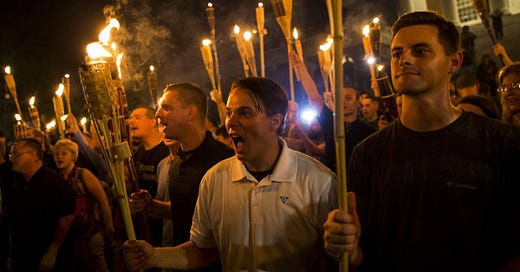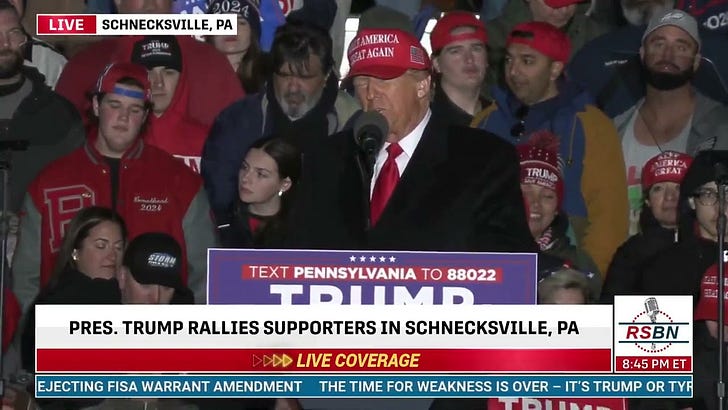
What good is history education if you are prevented from teaching its most critical lessons following yet another racially-inspired mass killing? This past Saturday Peyton Gendron traveled to Buffalo, New York from his home in Conklin, New York and killed ten people and wounded three outside the Tops Friendly Markets. Eleven of the victims were African Americans. The shooter left a manifesto that made clear his intentions to target the Black community.
Over the past few years Republican lawmakers in well over thirty states across the country have passed legislation that impacts how educators teach the history of race and white supremacy in the United States. Regardless of their intent, the legislation has created a climate of fear among educators and conviction that any attempt to address incidents like the one that took place this past weekend will result in disciplinary measures, including termination.
Republicans have managed to create an environment where teaching the history of racism and white supremacy is considered more "divisive" than actual acts of racism and white supremacy.
That they have done so during a resurgence of white nationalism is no accident.
If we ever needed an honest accounting of our nation’s past it is now. Our students deserve the opportunity to think critically and carefully about how the events in Buffalo fit into the recent resurgence of white nationalism and the much longer history of racial terror in America.
As historian Chad Williams shows in today’s Washington Post, the city of Buffalo is not an outlier in the nation’s history of racial violence.
Historical context is necessary to fully grasp the significance of the Buffalo shooting. White-supremacist terrorism targeting people of color, and African Americans in particular, has a deep national history — one not limited just to the South. But local history is also important to understanding this horrific incident. Buffalo’s unique history of African American freedom, civil rights struggle and perseverance in the face of structural racism and economic neglect remind us of why Gendron targeted this particular community and why this shooting is especially heinous.
The study of history can help our students to ask more focused and sometimes uncomfortable questions about the present, their place in it, and their responsibilities to others.
Students need history to begin to piece together the shooter’s manifesto and embrace of the “great replacement” theory. As historian Kathleen Belew explains in today’s New York Times:
The great replacement is the latest incarnation of an old idea: The belief that elites are attempting to destroy the white race by overwhelming it with nonwhite groups and thinning them out with interbreeding until white people no longer exist. This idea is not, at its core, about any single threat, be it immigrants or people of color, but rather about the white race that it purports to protect. It's important to be cautious and not too credulous when reading the writings of assailants in attacks motivated by race, but we should note an important pattern: their obsession with protecting white birthrates.
My mind immediately turns to my former home of Charlottesville, Virginia and marching white nationalists shouting, “Jews will not replace us.” in the dead of the night on the campus of the University of Virginia in August 2017. But as Belew and others have demonstrated the fear that the white race is under threat has a deep and painful history.
Regardless of how you attempt to spin it, this history is not a sideshow. It sits at the center of the American experience.
Belew concludes with a chilling warning:
Clearly this is not a fringe idea anymore. Decades of violence at the hands of extremists tell us that such ideas will lead to further violence; mainstreaming of the idea means that the window for action is closing.
I am not in a position to say how dire the situation is, but the fact that members of one of the two major political parties continues to defend their embrace of great replacement rhetoric, even as they hamstring teachers from addressing its historical roots, does not bode well for the future of our nation.
We need to teach American history as if Democracy itself were at stake.















"We need to teach American history as if Democracy itself were at stake."
Because democracy's in more danger now than any other time I remember.
Your penultimate paragraph got it in one, Kevin! Nice work!